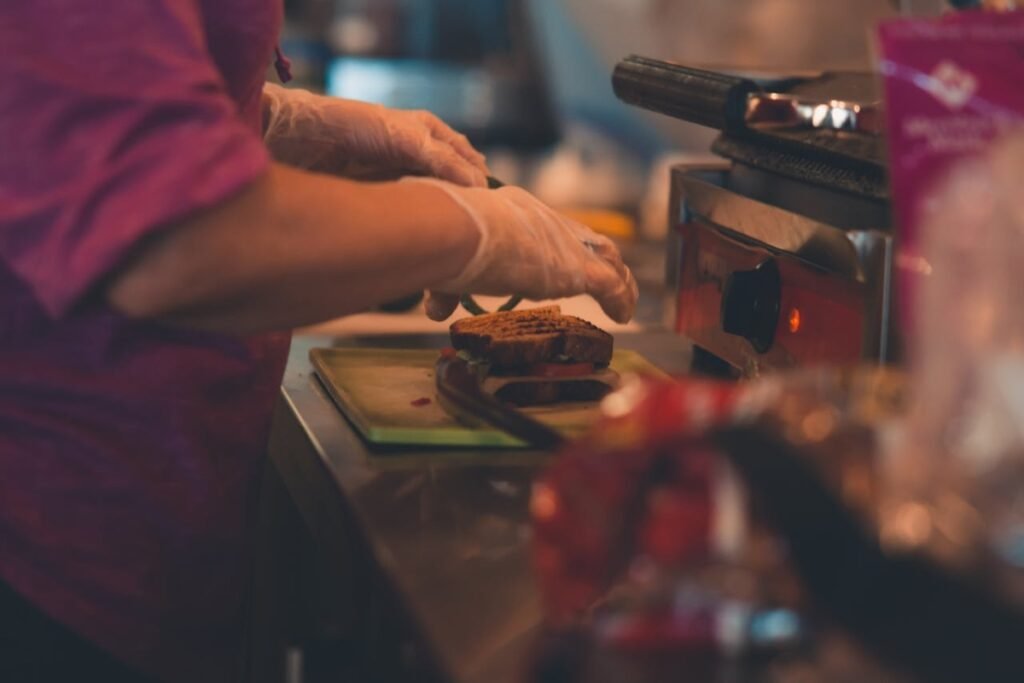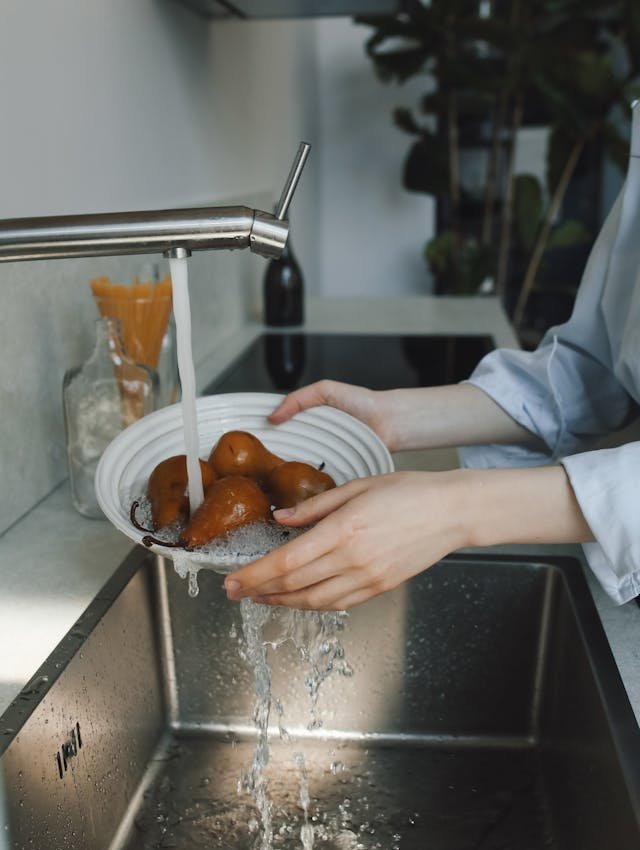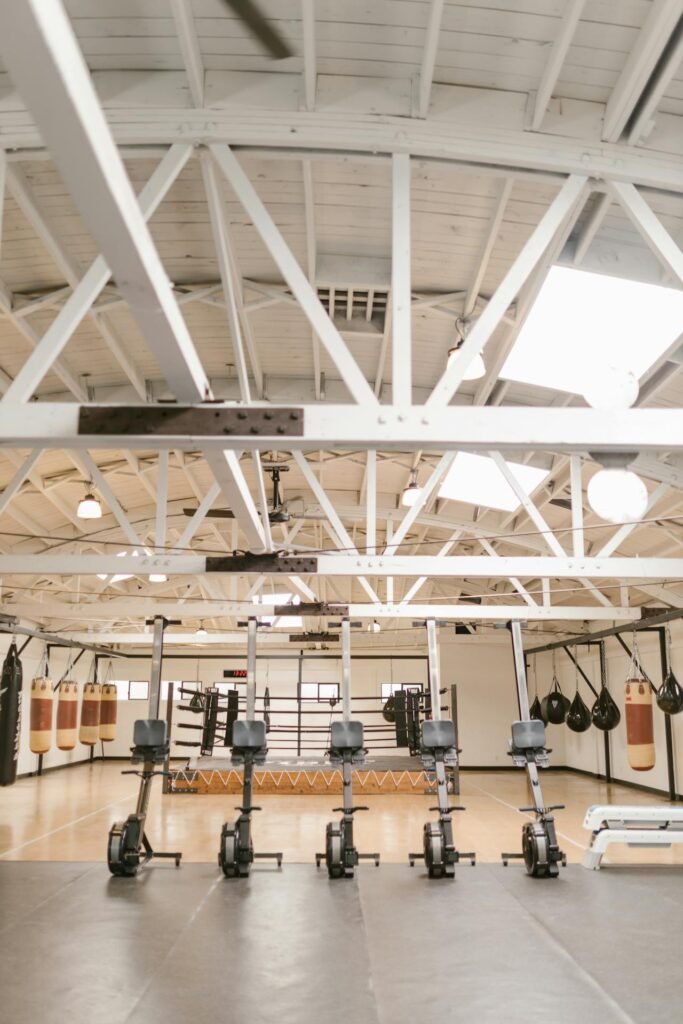Introduction: What Is Hygienic Food?
Hygienic food is all about safety—it’s food that’s safe to eat, free from harmful contaminants, and prepared, stored, and handled in a clean and sanitary way. As health awareness grows in the UK and USA, food hygiene has become a vital part of our everyday lives, especially in restaurants, home kitchens, and food processing facilities.
Whether you’re a consumer checking out food hygiene ratings nearby or a food handler aiming for a food hygiene certificate, grasping the basics of hygienic food is crucial for your health, safety, and compliance.
What Is Hygienic Food?
Hygienic food refers to food that is clean, safe to consume, and handled with practices that prevent contamination. This includes sourcing quality ingredients, maintaining personal hygiene, proper cooking and storage, and preventing cross-contamination.
Hygienic Food Examples
Knowing what counts as hygienic food can help you make safer eating choices. Here are some common examples:
- Fresh fruits and vegetables (thoroughly washed and stored)
- Pasteurized milk and dairy products
- Properly cooked meats that reach safe internal temperatures
- Bottled water or boiled water
- Vacuum-packed or sealed products with valid expiration dates
- Canned foods kept at recommended temperatures
- Ready-to-eat salads stored in chilled conditions (below 5°C/41°F)
Pro Tip: Always check the “use by” and “best before” dates. Toss anything with a broken seal or damaged packaging.
10 Reasons Why Food Hygiene is Absolutely Essential
- Prevents Foodborne Illnesses – It helps keep infections at bay from nasty bacteria like E. coli, Salmonella, and Listeria.
- Promotes Public Health – Clean food helps prevent disease outbreaks in the community.
- Ensures Regulatory Compliance – Avoids legal troubles and potential shutdowns (UK’s FSA and USA’s FDA).
- Boosts Consumer Trust – Good ratings lead to better perception and repeat customers.
- Improves Shelf Life – Proper hygiene extends the life of perishable items.
- Supports Immune Health – Clean food boosts digestion and immunity.
- Reduces Cross-Contamination Risks – Prevents spread of allergens and pathogens.
- Improves Food Quality and Taste – Maintains the flavor and nutritional value.
- Enables Certifications and Accreditations – Essential for obtaining licenses and certificates.
- Promotes Environmental Responsibility – Less spoilage means less waste.
Essential Food Hygiene Rules to Follow
1. Personal Hygieneuklifestyle.info
- Wash hands with soap for at least 20 seconds
- Wear gloves, hairnets, and clean uniforms
- Avoid handling food if you’re feeling unwell
2. Proper Storage
- Keep raw and cooked foods separate
- Use clear labels and check expiry dates
- Store cold food below 5°C and hot food above 63°C
3. Clean Surfaces and Utensils
- Clean and sanitize chopping boards after each use
- Use different boards for meat, vegetables, and dairy
- Regularly disinfect countertops and sinks
4. Safe Cooking Temperatures
- Poultry: 75°C / 165°F
- Beef: 63°C / 145°F (rest for 3 minutes)
- Leftovers: Reheat to at least 74°C / 165°F
5. Avoid Cross-Contamination
- Use color-coded utensils
- Never place cooked food on surfaces used for raw food
- Regularly clean cloths and sponges
Food Hygiene Rating System: UK vs USA
UK: Food Hygiene Rating Scheme (FHRS)
Run by the Food Standards Agency (FSA), businesses are rated from 0 to 5 based on:
- Food handling
- Cleanliness of facilities
- Management of food safety
Ratings:
- 5 – Very good
- 0 – Urgent improvement necessary
👉 Check ratings: Visit https://ratings.food.gov.uk and search by postcode.
USA: Local Health Department Inspections
Health inspections are handled by local/state departments:
- A (Excellent)
- B (Satisfactory)
- C (Needs Improvement)
Scores are usually published on city websites and often displayed at restaurant entrances.
Food Hygiene Ratings in My Area
How to Find Them
UK Residents: Use the FSA website or apps like Scores on the Doors.
USA Residents: Visit your state’s health department site, such as:
- NYC: https://www1.nyc.gov/site/doh
- California: https://www.cdph.ca.gov
Why It Matters
- Helps you make informed dining choices
- Alerts you to repeat offenders
- Increases accountability for food outlets
Food Hygiene Certificate: How to Get One
UK Certification
- Courses: Level 1 to Level 3 Food Hygiene & Safety
- Providers: High Speed Training, Virtual College, City & Guilds
- Cost: £10–£50
- Validity: Usually 3 years
USA Certification
- Courses: Food Handler, ServSafe, ANSI Accredited
- Providers: ServSafe, Learn2Serve, 360Training
- Cost: $15–$50
- Validity: Varies by state (typically 2–3 years)
NHS Guidelines on Hygienic Food (UK-Specific)
The NHS emphasizes food hygiene for public health. Key guidelines include:
- Clean hands before food prep
- Store food in sealed containers
- Cook meat thoroughly
- Avoid raw eggs in high-risk groups
- Regularly clean fridges and freezers
👉 Visit: https://www.nhs.uk/live-well/eat-well/food-safety-and-hygiene/
Final Thoughts
Keeping food hygienic isn’t just about ticking off safety checklists—it’s vital for public health. Whether you’re rinsing veggies at home or checking a takeaway’s hygiene rating, your efforts contribute to community wellness. In both the UK and the USA, understanding and practicing food hygiene, along with proper certification, makes a significant difference.
Hygienic Food Facts FAQs
What are 3 examples of hygienic food?
Clean fruits, cooked chicken, and bottled water are hygienic food examples.
Why is food hygiene important?
It prevents foodborne illnesses, improves food quality, and ensures public safety.
What is a good food hygiene rating?
A 5-star rating in the UK or an A grade in the USA is considered excellent.
What is the food hygiene certificate for?
It certifies that a person or business understands and practices food safety protocols.
Can I get a food hygiene certificate online?
Yes, many accredited platforms in the UK (e.g., CPD, ROSPA certified) and the USA offer online training.




